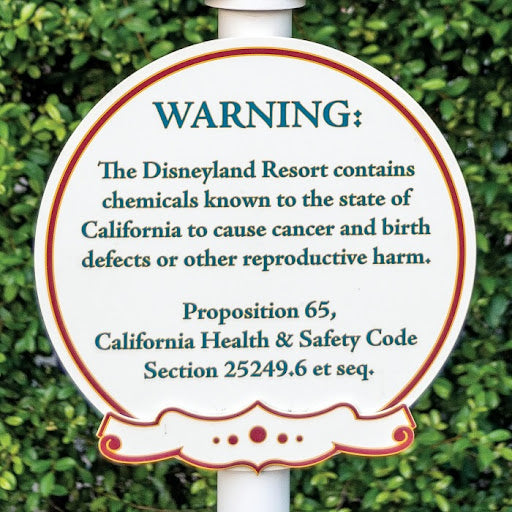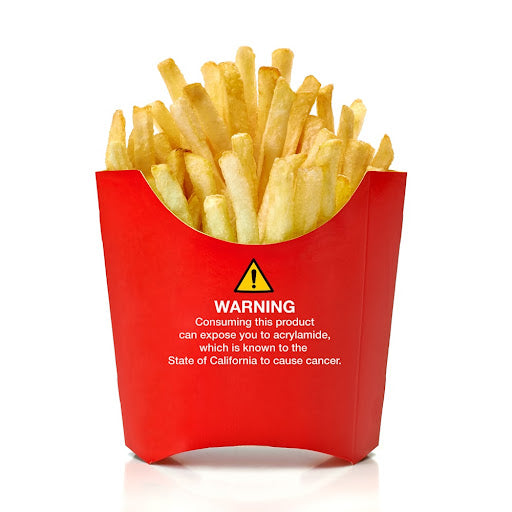So, what does the science say?
According to the American Cancer Society, acrylamide is used in many industrial processes, but it also occurs naturally when starchy foods are cooked.
It is found in coffee because the raw beans are roasted before they’re brewed and therefore is not an added chemical. Acrylamide also forms in food that is roasted or cooked, like french fries and toast.
In fact, the WHO has removed coffee from its “potential carcinogen” list due to published literature showing coffee may in fact REDUCE potential cancers from developing.
We highlight this information not out of undying support for coffee, but rather to highlight the situation and how Prop 65 enforcement may not be as cut and dry as it seems.
Like many other well intentioned but misguided laws, many believe that instead of improving consumer’s ability to determine what is good for their health, all it does is make consumer products more expensive for the end user.
How does this law relate to supplements?
Most dietary supplements are concentrated or extracted forms of plants, herbs, berries, bushes, leaves, stems, roots, and more from plants found and grown in nature. Because the ingredients used in dietary supplements are found in nature, they contain constituents of the soil and contents within the soil. This can include naturally occurring compounds found in soil such as lead, arsenic, and other compounds.
When you purchase a supplement, you may see a Prop 65 warning attached to it, and oftentimes the case is simply there is a naturally occurring compound found within the sourced ingredient, rendering it eligible for Prop 65 labeling requirements to be sold in California.
Is there lead in vegan protein?
Lead is a naturally occurring substance that helps make up the dirt and soil that plants root themselves in, and where they absorb nutrients from. Because vegan protein sources are grown in soil, plants absorb the available nutrients within the soil, including naturally occurring Lead. Yellow peas, which we use in Veg-PRO, are naturally higher in lead content.
The sources in Veg-PRO are the same exact plants that grow in that soil, meaning they do not incur inorganic lead from any steps in the manufacturing process. It would be the same Lead content to eat peas straight from the ground as it would be to consume them in a protein shake.
Even being orders of magnitude
lower than the FDA and WHO requirements for chemical exposure content, and those chemicals being naturally occurring in soil, many out-of-state companies are still required to present a Prop 65 Warning if they are selling a product in California, which is why you may see these warnings on nutritional labels, cocoa powder, packs of batteries, packaged vegetables, car parts, aspirin, yoga mats, shoes, candy, etc.
















